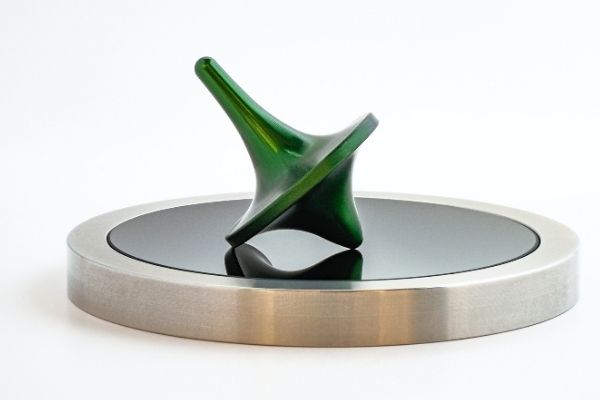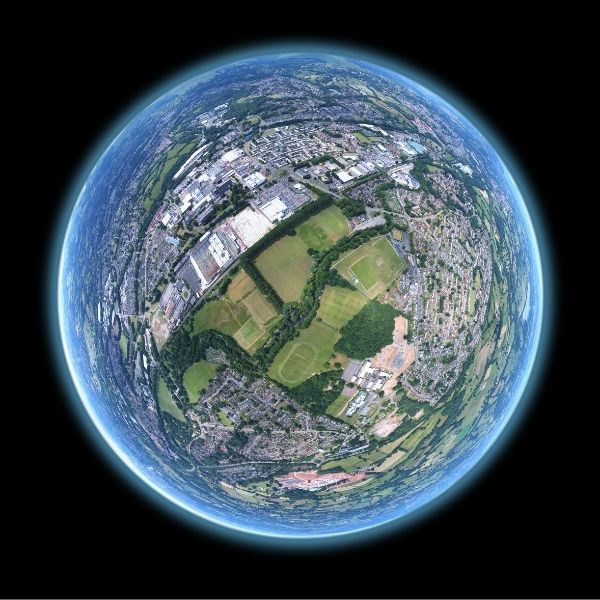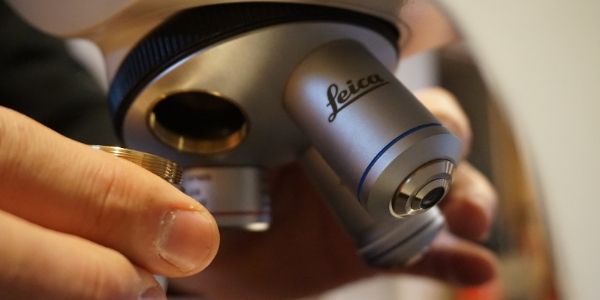Magnification and resolution
If you’re new to the world of microscopy, there can be a lot of terminology to know. Especially when words like magnification and resolution are occasionally (albeit haphazardly) used interchangeably. So, what is the difference between magnification and resolution?

The TLDR (Too long, didn’t read)
Long story short is, magnification is the ability to make small objects seem larger. Such as making a microscopic organism visible. Whereas resolution is the ability to distinguish two objects from each other. Magnification and resolution act in a delicate balance with each other.
Magnification
Magnification is simply how much an image is visually enlarged. While magnification and resolution go hand in hand to produce high-quality images, they don’t guarantee the other. It’s like using Google Earth viewer. Zoom in and you see a blurry image for a few seconds until the computer resolves the image and houses comes into focus. A microscope can increase magnification, but the images are not necessarily readable or interpretable. You can’t see the details.

Resolution
In microscopy, the term ‘resolution’ describes the ability of a microscope to distinguish detail. This is the minimum distance where two distinct points of a specimen are seen as separate entities. Either by the observer or the microscope camera. Referred to as the point-spread function.
The resolution of a microscope intrinsically links to the numerical aperture (NA) of the optical components. Resolution also links to the wavelength of light used to image a specimen. Shorter wavelengths of light are capable of resolving greater detail than longer wavelengths. Find more in depth information on resolution here.
Need a hand?
Magnification and resolution aren’t too complicated once you know the difference. There is, of course, much more terminology to learn when entering the world of microscopy. Some of the most important are magnification and resolution! If you have questions about the terminology on our site, please feel free to contact our friendly and knowledgeable microscopy experts at any time.

